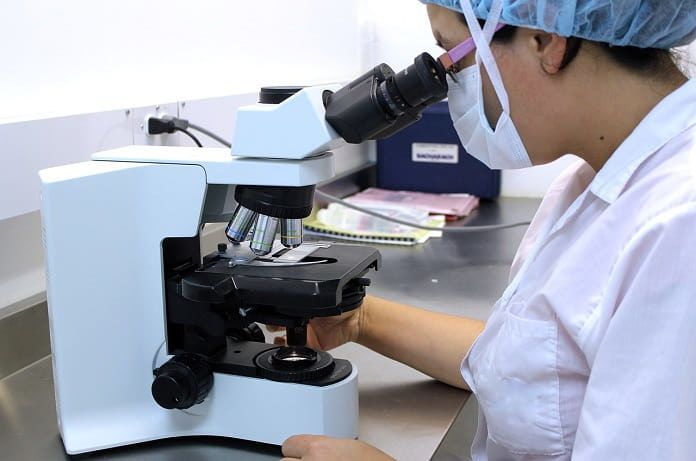A recent feature article published in Science explores how targeting the metabolism of immune cells may be an effective new approach to treat autoimmune diseases.
Autoimmune diseases arise when the mechanisms that regulate the immune system go awry. For example, in an inflammatory bowel disease such as Crohn’s disease, the immune cells attack the gastrointestinal tract, resulting in symptoms such as abdominal pain, diarrhea, and malnutrition. Currently, individuals with Crohn’s disease take immune-inhibiting medications to lessen the severity of the disease. However, scientists have been studying another aspect of these malfunctioning immune cells: their metabolism. A recent feature article in Science explains how targeting the metabolism of immune cells may be an effective approach to treat autoimmune diseases.
Many drug companies and researchers are now focusing on drugs that alter the metabolic processes of immune cells, with the potential to target all immunologic diseases. Metabolic drugs have also been studied with the goal of targeting cancer cells and eliminating tumors. But the approach in targeting immune diseases may be significantly more feasible since there is often a small subset of overactive immune cells to suppress, rather than a large number of tumor cells to eliminate.
Early researchers noted that immune cells metabolize products differently from most normal body cells. Now, we understand that active immune cells can undergo metabolic changes to meet high energy demands. Thus, by targeting certain metabolic pathways, we can target overactive immune cells with some specificity.
Animal studies have shown that metabolism-affecting drugs can improve multiple different autoimmune conditions and even transplantation. Ongoing clinical studies are determining whether these drugs are feasible in practice and newer formulations are being made to better target these metabolic processes. This revolutionary approach in suppressing overactive immune cells may have extensive impacts in the field of autoimmunity.
Written by Branson Chen, BHSc
Reference: Leslie M. Putting immune cells on a diet. Science. 2018 Mar 30;359(6383):1454.



